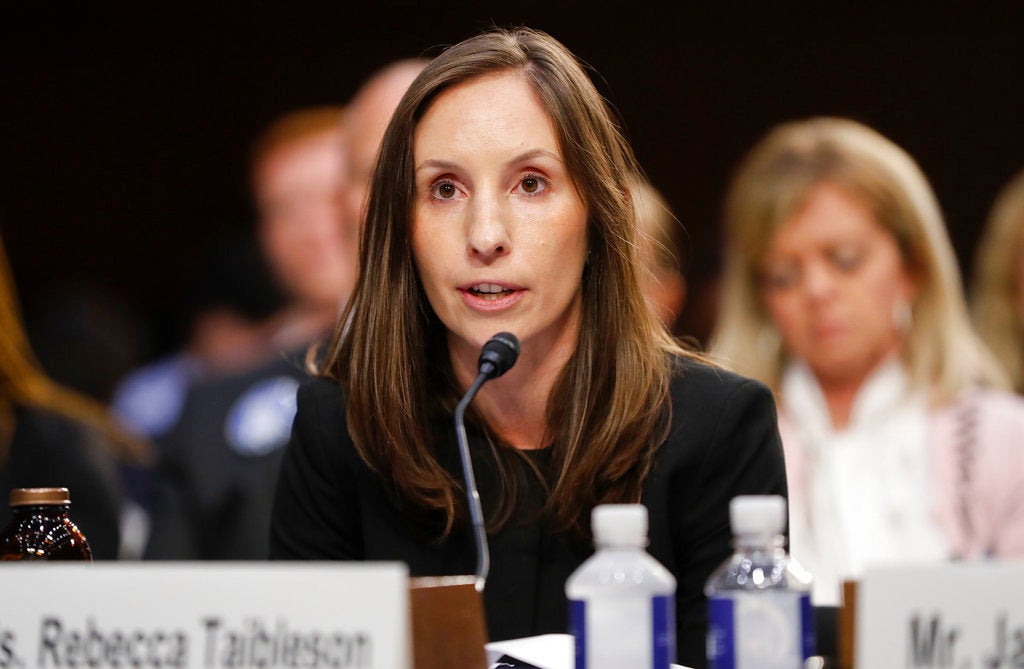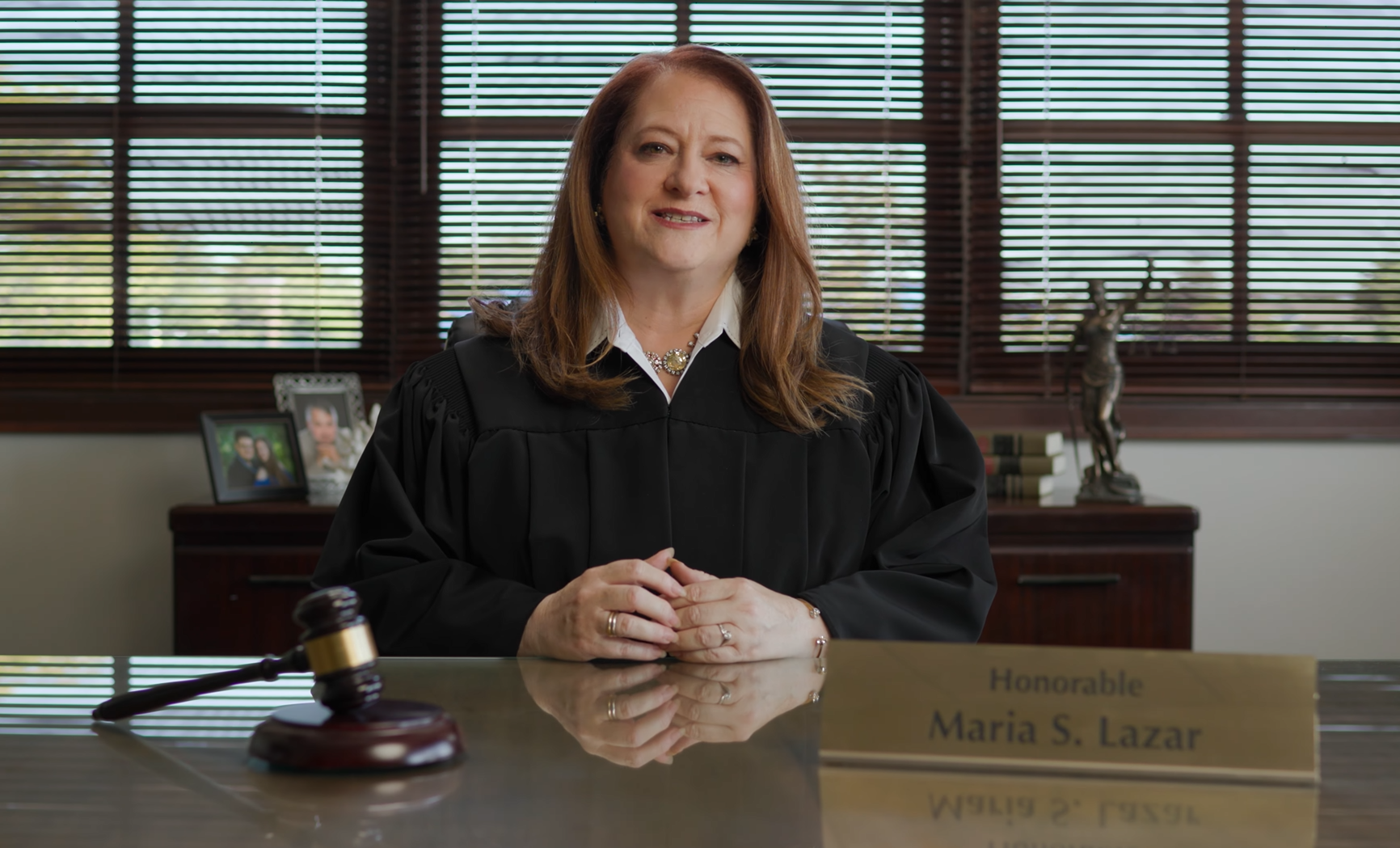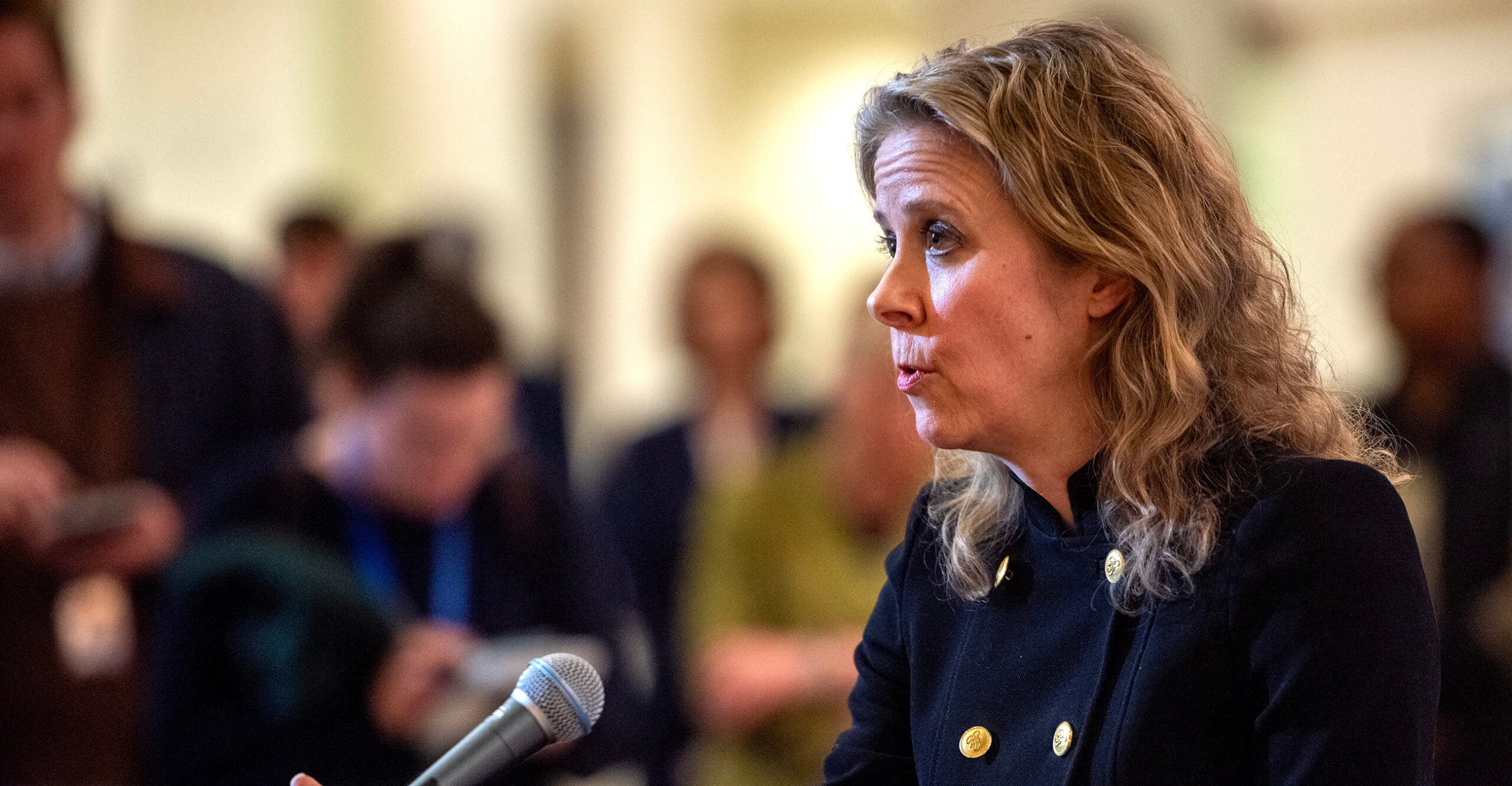An appeals court race in northern Wisconsin has attracted partisan spending in a way experts say is a sign of the creeping political polarization of court elections.
Judge Greg Gill and attorney Rick Cveykus are competing for a seat on the Wausau-based 3rd District Court of Appeals. The district, one of four appeals courts in the state, covers all of northern Wisconsin.
Gill, a judge in Appleton, has the backing of a host of Republican donors. Uline CEO Richard Uihlein donated $5,000; Menards CEO John Menard gave $1,000. According to state campaign finance records, which have been filed through Feb. 1, Gill has received more than $125,000 in campaign contributions in 2020 and 2021. That’s nearly 10 times the $12,903 reported by Cveykus.
News with a little more humanity
WPR’s “Wisconsin Today” newsletter keeps you connected to the state you love without feeling overwhelmed. No paywall. No agenda. No corporate filter.
“I have not seen that before, where you have real ideological, partisan money going into a state court of appeals race,” said Jay Heck, executive director of Common Cause Wisconsin.
The polarization of judicial elections is not new in Wisconsin. In the last 15 years, Wisconsin voters have become accustomed to heavy partisan spending and positioning in races for Supreme Court justices. But it is unusual in an appellate court race. Heck and others say it’s a sign of the way political and ideological divides are taking hold throughout court elections. Because races for judge seats happen during spring nonpartisan elections, they tend to draw fewer voters. But that also means the backing of local political parties and relatively low spending totals can have a big impact on races.
“You have a much smaller universe of voters deciding who’s going to sit on our courts, and you have a lot more special interest and political party money being poured into them,” Heck said.
Another Wisconsin appeals court race, in the Waukesha-based Second District, was the subject of headlines in February after it led to a personal blow-up between two Republican donors and the family of former GOP Gov. Scott Walker. The Milwaukee Journal Sentinel reported that a campaign fundraising letter from Walker’s wife Tonette Walker on behalf of Muskego Judge Shelley Grogan attacked Grogan’s opponent, appeals court Judge Jeff Davis, as a tool of the “far-left agenda.” But Davis is endorsed by conservative Supreme Court justices Patience Roggensack and Annette Ziegler. His parents, longtime GOP donors, wrote a scathing letter to the Walkers denouncing the appeal, according to the Journal Sentinel.
The race is an example of how judicial candidates are campaigning as if their races are contests between partisans — whether or not the facts support it.
Last week, the Wisconsin Democracy Campaign reported that a Virginia-based Republican electioneering group had spent more than $56,000 to support Grogan. Uihlein and other GOP donors have also donated to Grogan.
In the Wausau race, Gill has touted his judicial experience and his conservative “textualist” judicial philosophy. Cveykus said the court’s backlog of cases is a key issue for him, and that he’s running because “the people of Wisconsin want less politics in their courts, not more.”
There is no incumbent in that race; 3rd District Judge Mark Seidl did not seek re-election.
Appeals courts are less powerful than the state’s Supreme Court, which has the ability to review their decisions. But Heck noted that they can also in effect decide policy if the High Court decides not to take up their rulings.
For Heck, who favors public funding and strong recusal rules for judges, political polarization on the courts is a “cancer,” and the appeals court races are its spread.
“This is certainly the first election where I’ve seen the spread of this cancer that has already begun to metastasize at the Supreme Court level beginning to do the same now at the lower court level,” Heck said.
Editor’s note: This story has been updated. An earlier version misstated the amount raised by Rick Cveykus’s campaign.
Wisconsin Public Radio, © Copyright 2026, Board of Regents of the University of Wisconsin System and Wisconsin Educational Communications Board.




